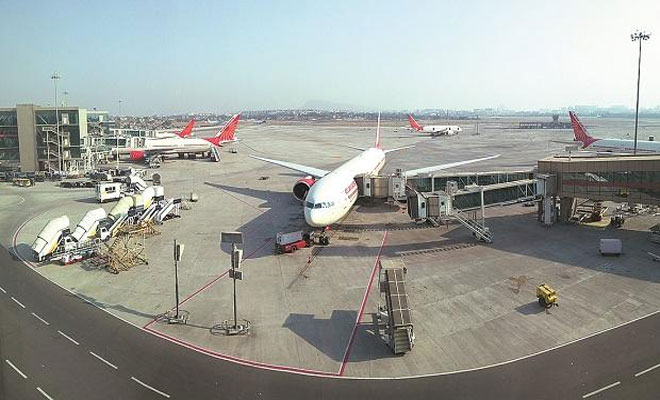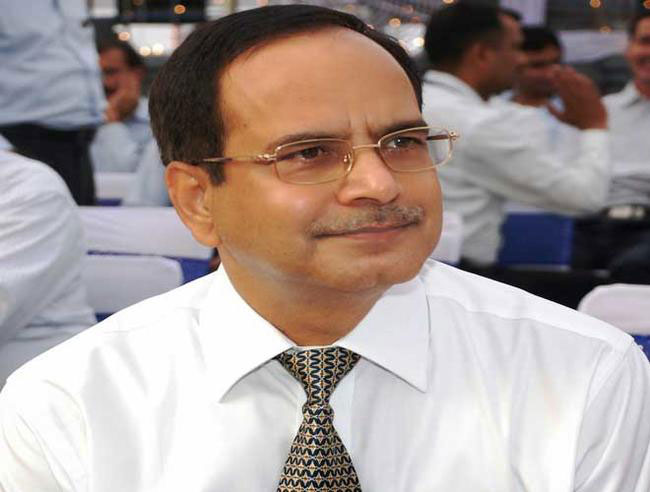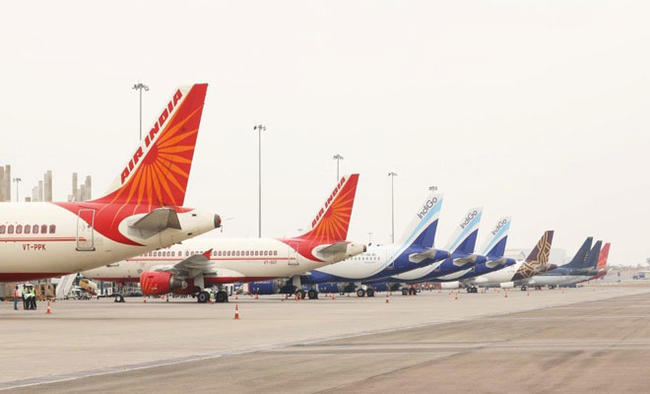Today, we all are witness to a new history in making. On 26th April, 2020, during Man ki Baat our Prime Minister Shri Narendra Modi spoke about various initiatives and strategy adopted by India to handle Covid-19. He also mentioned that during lockdown period, aviation sector has played a pivotal role for transporting medicines and other essentials thru Life Line UDAN; three lakh air kilometers traversed and 500 tons of air cargo with essential medicines and equipment delivered.
Aviation sector indeed has played a very heroic role during lockdown period by evacuation medical equipment flights to/from Wuhan, Shanghai, Milan, Rome and many more than 100 charter assignments under Governments Mission Life Line UDAN scheme to ferry medical equipment and other essential items to remote destinations of the northeast airports and other far flying areas serving as lifeline of the nation and the sector will play a further challenging role once India starts implementing Covid-19 lockdown exit up strategy in India in a few days from now.
Aviation sector has always been a critical sector enabling growth and development of any country. India’s air connectivity had in past been among world’s fastest growing and delivering crucial sustainable development to local community. It enables direct and indirect employment (including travel & Tourism) to about 4.27 crore people. During the month of January 2020, the sector, through its 128 Airports handled 1.27 crore domestic passengers besides valuable cargo transport.

The state of Aviation infrastructure of any country is a direct indication of its present prosperity and potential for further growth with a output multiplier of 3.25 and employment multiplier of 6.10. Airport Infrastructure in India with 23 international, 10 customs, 81 domestic and 23 civil enclaves at defence airfield has been playing a crucial role in the economic activity, air transportation of man and material in the country apart from leading to significant human employment and a contribution of 2.4% of GDP of India.The recent Covid-19 Pandemic has adversely impacted more than 190 countries. Majority of international borders are now sealed and more than 120 countries have already imposed travel bans. In India itself it is estimated that economic cost of lockdown and other measures is about Rs 40,000 crore/day. The aviation sector itself is expecting a loss 89.8 Million in pax demand with a overall potential loss of 16.5 Billion dollars in terms of potential GDP.
Thanks to dynamic policies of government and determined efforts of every Indian, we may soon be entering into Covid-19 lockdown Exit strategy; people will start moving and businesses rolling up. We also expect that more than three hundred multinationals may be willing to shift their production bases from China to India and are at present in active engagement with DIPP (department of industrial policy and planning).
Airport sector in India will be the first sector to act as engine for growth for the economic and industrial resurrection leading impetus to hospitality, tourism, transport and business travel industry. However Airport sector, though very crucial for economic resurrection, is not without its financial difficulties. After handling 1.27 crore domestic passengers in January 2020, all the airports now have almost nil passenger traffic business while their financial commitments in terms of cost of capital and cost of debt continue to put the stress on the sectorial performance. It is estimated that in the first quarter of the year 2020 Airport sector in India has incurred a financial loss in excess of Rs 11,400 crore.

The airports will need urgent government support to stage a recovery and continue to remain in operational preparedness to play a enabling role in the rebuilt of economy, support in ACT EAST policy and ensuring defence preparedness of highest order. There are various actions/decisions which government should consider for revitalizing the airport sector.
Firstly, reduce financial out go of Airports by suspension of National and local taxes at Airports. Airport lease revenue which gives an annual income of Rs. 3000 plus crore to AAI (majority from JV & PP airports) may be waived off for next one year till the JV airports recovers the losses of this year. Soft term loans to meet fixed expenses (salary, wages, utility, maintenance etc), equivalent to 12 months requirement payable within a certain time and facilitation of debt renegotiation would help in sustenance of the sector. Banks also need to redefine NPA provisions while extending the time limits for Bank guarantee and revise the working capital norms suitably.
Secondly, Banks always play a very important role in supporting any sector. Airport sector may be supported in terms of moratorium on interest payments for next 6-9 months. Banks today have a deposit of more than Rs. 8 lakh crore with RBI on reverse repo basis and are yet to commit this fund to industry. A part of it be better directed to be allowed for long term funding on fresh CAPEX for Airport sector. A guidance to infrastructure banks like IIFCL & IFCI to support new capital requirements may be another welcome step. In fact, now it is right time to declare Airport sector to be core Infrastructure Industry enabling priority lending of funds for next 5-20 years of duration.

Third, during initial reopening phase the Airports will need to comply with government advisories on screening of passengers leading to deployment of additional work force, incurring expenditure on Personnel Protective Equipment (PPE), masks, sanitizers and floor cleaners. This extra expenditure needs to be compensated. Airport Economic Regulatory Authority (AERA), which provides enabling regulatory frame work in Airport sector, specially on 24 major airports including JV ones be specially empowered to workout fiscal and monetary help to these airports and device a special compensation package in terms of PSF/PDC revisions without government needing to give a direct financial input in terms of cash infusion.
If considered appropriate an advisory group of industry experts be also formed to help AERA to work out the compensation approach and have a long term investment and development view on sector.Fourth, A policy reversal is needed in terms of the way the Airports are awarded to private sector. In last ten years, the sectors like TELECOM, COAL, SOLAR AND WIND POWER have suffered because of concept highest bidding at the allotment stage. Recently six airports of AAI and JEWAR airport in U.P. have also been auctioned to higher bidders.
These winners having committed very high costs, will either default on payment/execution delays or will have no option to exorbitantly charge on passenger service fee or development for itself. Nobody-neither government, nor operators, nor passenger are benefitted in long run however the sector suffers and ultimately the country suffers in terms of development and capacity build up.Support to Airport sector in India is today the need of hour. Short and long term financial and policy support to the sector will go a long way in evolving a suitable Covid-19 exit strategy while boosting the economic and business activity in the country.
